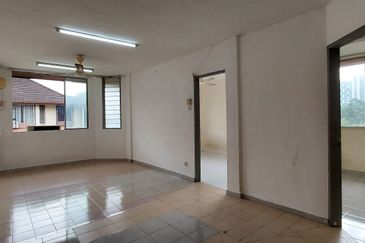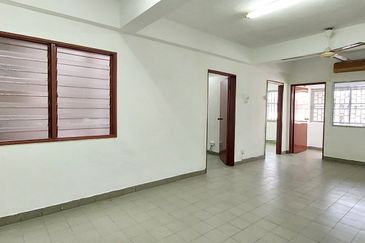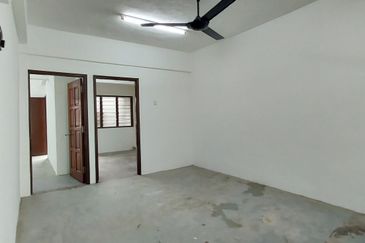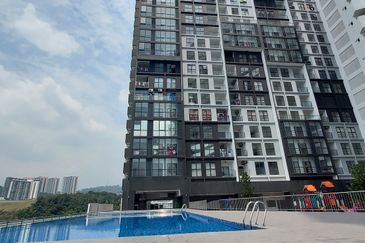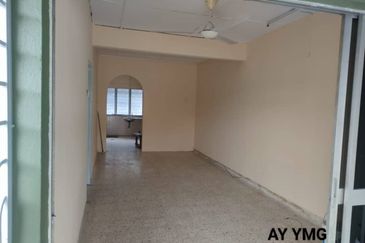KUALA LUMPUR (May 3): Malaysia's Purchasing Managers' Index (PMI) rose to 53.9 in April, from 49.9 in March, the strongest expansion recorded since the survey began in July 2012, according to IHS Markit.
In a statement today, it said the rise in the composite single-figure indicator of manufacturing performance indicated a solid improvement in the health of the manufacturing sector.
“April data suggested that output grew for the first time in nine months. The pace of growth was the strongest recorded since June 2020. Firms commonly attributed the renewed growth to improved market demand leading to increased orders.
“New order volumes also returned to expansion territory in April, the first rise since September 2018. The pace of the increase was solid, and the quickest in exactly seven years, as manufacturers noted stronger client confidence, notably for new products. Furthermore, new export sales increased for the first time since November 2019, as demand in key markets across Asia and the US recovered,” it said.
At the same time, IHS Markit said, there was a renewed fall in employment at Malaysian manufacturing firms in April.
“Though only marginal, staffing levels have now fallen in 12 of the last 13 months, with manufacturers noting a lack of foreign work permits being issued due to Covid-19 restrictions. As new orders returned to growth, firms commented that pressure had continued to build on capacity, as the amount of outstanding business increased for the second successive month,” it said.
Meanwhile, input costs increased for the eleventh consecutive month in April, reflecting higher prices of raw materials and logistics, said IHS Markit.
“The rate of input price inflation accelerated to the fastest in just over four years, and was rapid overall. Manufacturers partially passed these higher costs to clients through higher output charges, which rose at a marked pace and extended the current sequence of inflation to 11 months.
“Lengthening average lead times often meant businesses had difficulties sourcing inputs for production. As a result, firms purchased larger quantities to protect themselves from disruption, whilst also holding increased stocks of raw materials. Moreover, post-production inventories broadly stabilised. Firms that saw inventories decrease noted the use of stockpiles to fulfil orders, though this was partially offset by increased production,” it said.
Looking ahead, Malaysian manufacturers were increasingly optimistic regarding the year ahead outlook for output.
“Expectations reached the highest level since August 2019, underpinned by hopes that a successful vaccination programme would induce a broader economic recovery,” noted IHS Markit.
Get the latest news @ www.EdgeProp.my
Subscribe to our Telegram channel for the latest stories and updates
TOP PICKS BY EDGEPROP

Sunsuria Forum @ 7th Avenue
Setia Alam/Alam Nusantara, Selangor





